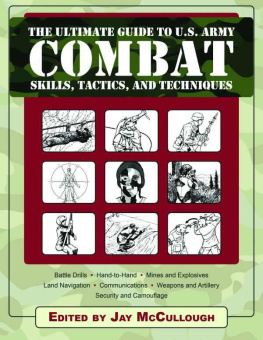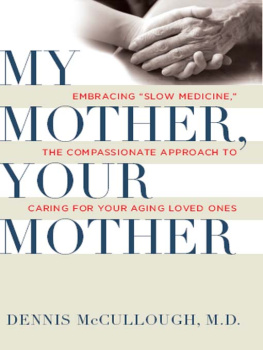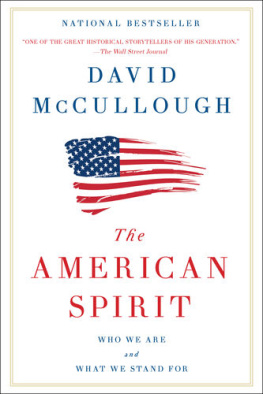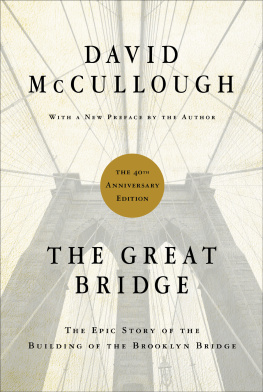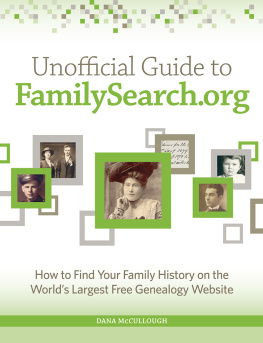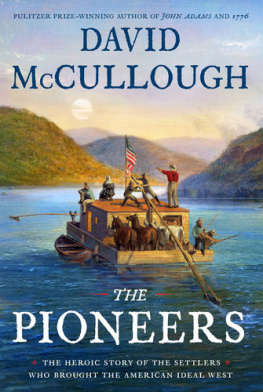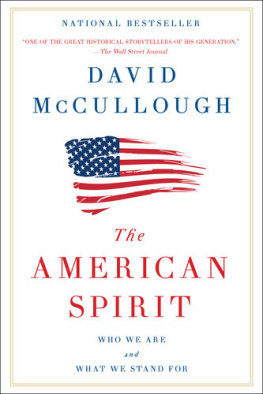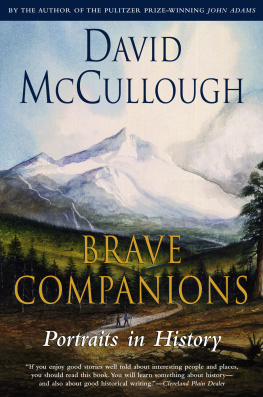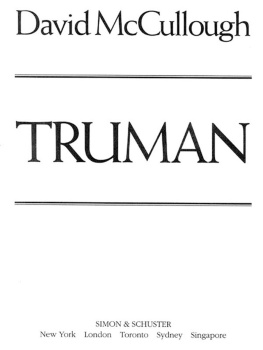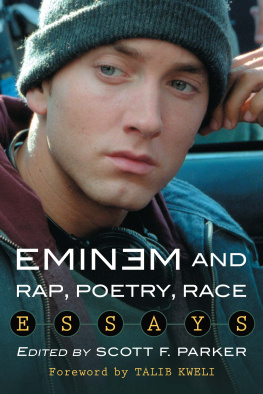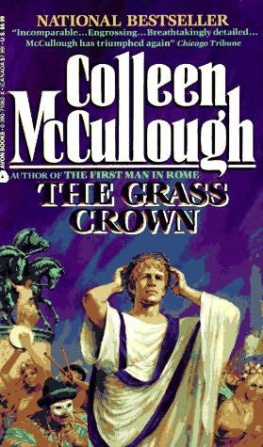a sense of regard
a sense of regard
Essays on Poetry and Race
EDITED BY LAURA MCCULLOUGH

2015 by the University of Georgia Press
Athens, Georgia 30602
www.ugapress.org
All rights reserved
Designed by Melissa Bugbee Buchanan
Set in Adobe Garamond Pro by Graphic Composition, Inc., Bogart, Georgia.
Printed and bound by Sheridan Books, Inc.
The paper in this book meets the guidelines for permanence and durability of the Committee on Production Guidelines for Book Longevity of the Council on Library Resources.
Most University of Georgia Press titles are available from popular e-book vendors.
Printed in the United States of America
19 18 17 16 15 P 5 4 3 2 1
Library of Congress Cataloging-in-Publication Data
A sense of regard : essays on poetry and race / edited by Laura McCullough.
pages cm
Summary: McCullough has collected the voices of living poets and scholars in thoughtful and considered exfoliation of the confluence of poetry and race in our time: the difficulties, the nuances, the unexamined, the feared, the questions, and the quarrels across aesthetic camps and biases. The book brings together essays by a range of writers and academics whose work varies in style from personal accounts and lyrical essays to challenging criticisms. McCullough believes this approach allows for more avenues and angles of exploration on this complex topic. She has also strived to be as inclusive as possible, to reach past the black/white perception of race and offer essays from numerous racial backgrounds. The anthology covers many issues that cross racial and ethnic borders and is divided into sections based on these issues: Americanism, the experience of unsilencing and crossing borders, interrogating whiteness, and language itselfProvided by publisher.
Includes bibliographical references.
ISBN 978-0-8203-4732-5 (hardback) ISBN 978-0-8203-4761-5 (paperback)
1. American poetryHistory and criticism. 2. PoetrySocial aspectsUnited States. 3. Race relations in literature. 4. Race in literature. I. McCullough, Laura, 1960 editor.
PS310.R34S46 2015
811.009'355dc23
2014019831
ISBN for digital edition: 978-0-8203-4787-5
British Library Cataloging-in-Publication Data available
contents
LAURA MCCULLOUGH
GARRETT HONGO
SARA MARIE ORTIZ
RAVI SHANKAR
KEN CHEN
JASON SCHNEIDERMAN
JOANNA PENN COOPER
CAMILLE T. DUNGY
MATTHEW LIPPMAN
LEIGH JOHNSON
LUCY BIEDERMAN
TIM LIU
HADARA BAR-NADAV
TIMOTHY LEYRSON
PAULA HAYES
TRAVIS HEDGE COKE
PHILIP METRES
MAJOR JACKSON
MARTHA COLLINS
JASWINDER BOLINA
TESS TAYLOR
AILISH HOPPER
TONY HOAGLAND
PATRICK S. LAWRENCE
MIHAELA MOSCALIUC
ADEBE DERANGO-ADEM
GERALD MAA
RANDALL HORTON
DAVID MURA
CHARLES H. LYNCH
KAZIM ALI
RAFAEL CAMPO
acknowledgments
I would like to thank the poets R. Dwayne Betts and Leslie McGrath for their many hours of discussion and e-mailing during the early stages of this project. Their thinking affected mine enormously. Thank you to Michael Broek for his unflagging support.
A number of essays in this volume were first published, in slightly different form, in the following journals and magazines:
Garrett Hongos America Singing: An Address to the Newly Arrived Peoples first appeared in Parnassus and was reprinted in Fourteen Hills.
Ken Chens Walt and I: Whats American about American Poetry? first appeared at Poetry Society of America.
Jason Schneidermans Inaugural Poems and American Hope is adapted from an essay that first appeared in American Poetry Review.
Camille T. Dungys I Am Not a Man is adapted from an essay that first appeared in Painted Bride Quarterly.
Major Jacksons A Mystifying Silence appeared in American Poetry Review.
Martha Collinss Writing White appeared in American Poetry Review.
Jaswinder Bolinas Writing like a White Guy appeared at Poetry Foundation.
Kazim Alis Whats American about American Poetry first appeared at Poetry Society of America.
Rafael Campos What It Means to Be an American Poet first appeared at Poetry Society of America.
Tony Hoaglands No Laughing Matter: Race, Poetry, and Humor appeared in American Poetry Review.
a sense of regard
introduction
LAURA MCCULLOUGH
A poet once said to me that what she wanted from a good poem was that it move her from one sense of regard to another. In these essays about poetry and race, while some are more heavily about one or the other and some bring in complicating factors and concerns, it seems to me that they are all about regard, and that the denotations and connotations of that wordto observe, give attention to, think about, have feelings for, hold in esteem, be moved byspeak to the multiplicities of this project. Certainly I was looking to embrace mystery as opposed to mystification. I was also looking to be inclusive of both working poets and scholars, of writers with differing aesthetics as well as differing racial and ethnic identities and ideas about race and ethnicity, while according consideration to other identity markers with normative or marginalizing potential, such as gender, sexuality, religion, age, and bodily status.
This anthology is an effort to collect the voices of living poets and scholars in thoughtful and considered exfoliation of the current confluence of poetry and race, the difficulties, the nuances, the unexamined, the feared, the questions, and the quarrels across aesthetic camps and biases, and with a broad scope regarding the idea of race itself. While not all of the aspects of intersectionality are germane here, the idea that constructed categories of the human condition intersect, bleed and feed into each other, shift in dominance, and are differently privileged (even within groups) is at the core, and this project is in itself an intersectional and hybrid document in that it attempts to bring together contrasting views by people within and across many categories without judging the primacy of their categories. Rather, this project seeks to honor the complexities, especially when borders seem to be permeable, porous, crossed and recrossed, of each contributors lived experience alongside the intellectual exfoliations of other contributors. Somewhere in the nexus of what we live and what we think, this project took hold, the idea being to query, to quarrel, and to consider.
Edward W. Said, cultural critic and literary theorist noted for his work in postcolonial thought, wrote:
No one today is purely one thing. Labels like Indian, or woman, or Muslim, or American are not more than starting-points, which if followed into actual experience for only a moment are quickly left behind. Imperialism consolidated the mixture of cultures and identities on a global scale. But its worst and most paradoxical gift was to allow people to believe that they were only, mainly, exclusively, white, or Black, or Western, or Oriental. Yet just as human beings make their own history, they also make their cultures and ethnic identities. No one can deny the persisting continuities of long traditions, sustained habitations, national languages, and cultural geographies, but there seems no reason except fear and prejudice to keep insisting on their separation and distinctiveness, as if that was all human life was about. Survival in fact is about the connections between things. (1994, 406)
Next page

